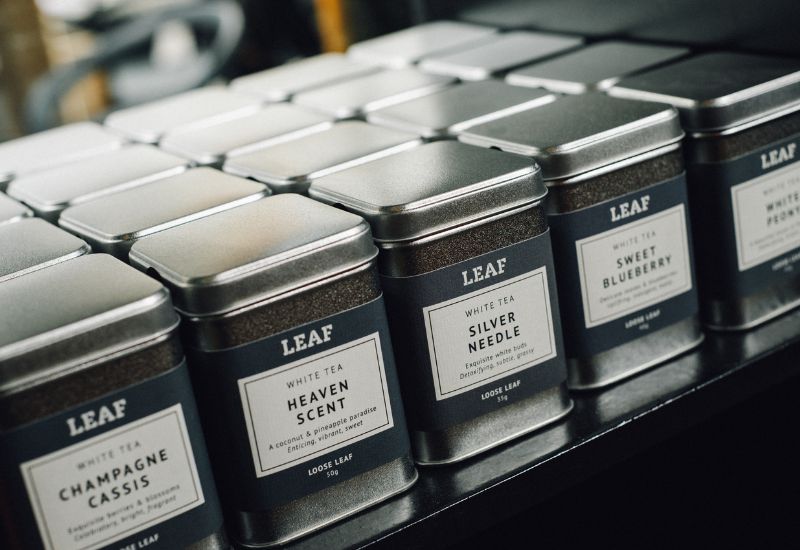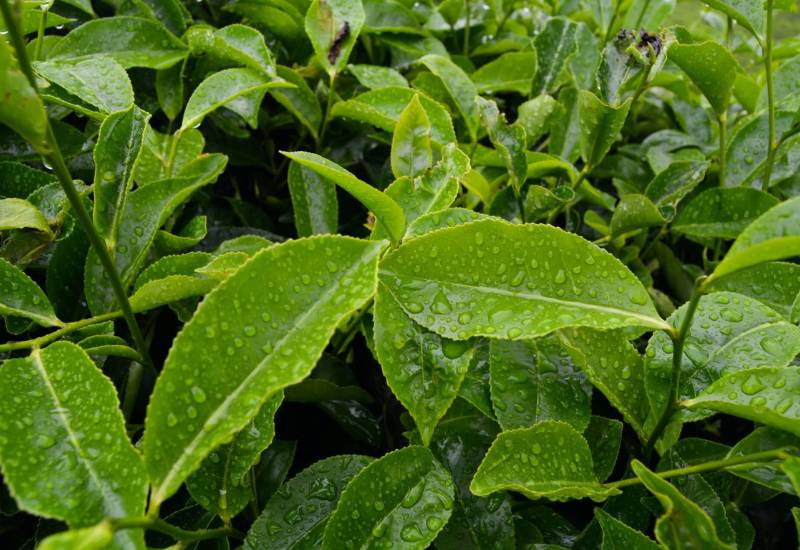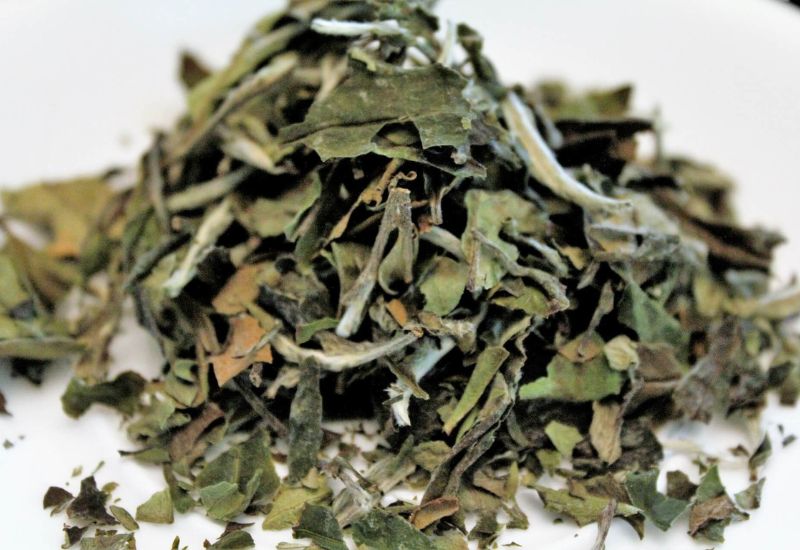
Experienced tea drinkers may be aware of white tea and its lovely, elegant flavours. But for your average Joe who is ready to foray from English Breakfast to new flavours, white tea can be a bit of a mystery!
So let’s take some time to walk you through white loose leaf tea and teach you all about where it comes from, what it tastes like, and how you can enjoy it the most.
You’ll be an expert on this tea variety in no time!
What does white tea taste like?
White tea has a more delicate taste than other types of tea with subtle flavours and a smooth taste.
With our tea blends, we choose flavours that pair well with the natural delicateness of white tea. Ingredients such as blueberry, lemongrass, and even champagne pair exceptionally well with white tea to create some incredible flavour profiles.
What is white tea made from?
White tea is one of the four ‘true teas’. These are teas that are made from the leaves of the Camellia Sinsensis plant, and include white, black, green, and oolong tea.
The leaves that make up white tea are especially delicate. Because of this, it’s important that the water used to steep white tea is off-the-boil so as to avoid burning the leaves, at around 75-80 degrees.

Benefits of white tea
All teas come with their own unique health benefits, and white tea is no exception. There is evidence to show that white tea can protect your teeth, reduce inflammation, and strengthen your immune system.
Some white tea health benefits have more evidence than others, because few studies have been performed using white tea leaves as opposed to other varieties.
What we do know is that white tea leaves are high in antioxidants and polyphenols such as catechins and tannins, as well as other components like fluoride. It is proven that these molecules have many beneficial qualities.
For example, the catechins and tannins in white tea work with fluoride to inhibit the growth of, and combat, bacteria that causes plaque and teeth cavities.
As well, polyphenols and antioxidants are effective at fighting free-radicals in the body. Free-radicals are dangerous at higher levels and can contribute towards disease, inflammation, aging, and the weakening of your immune system.
White tea is also good for weight loss (like green tea is) due to the presence of EGCG (epigallocatechin gallate) – a compound that can help burn fat.
You can learn more here.
What is the best white tea?
Everyone will have their own favourite white tea, but one tea that has plenty of admirers is Baihao Yinzhen.
This type of tea, otherwise known as Silver Needle, has very distinctive white tea leaves that are long and thin – and silver, if you didn’t guess!
Part of what makes this tea so special is the amount of care and attention that must be paid when harvesting the plant’s leaves. For authentic Silver Needle tea, the top shoots should be harvested before they open and turn into buds.
The harvesting process can only occur on a handful of days in spring, and should be performed in the morning after the sun has dried any dew from the plant.
Any tea that requires this much work to produce it must be special! And trust us, it is. Silver Needle tastes like a perfect, crisp spring day, and offers hints of cucumber and melon in its flavour profile.
It must be tried by any true fan of tea!
What is the difference between black and white tea?
Black and white tea both come from the leaves of the Camellia Sinensis plant. White tea leaves are plucked very early in spring before the leaves have a chance to bud, whereas black tea leaves are plucked once they have reached maturity.
There are also differences in how the leaves are processed after they are plucked. White tea leaves require minimal processing aside from air drying. Black teas, on the other hand, require plenty of fermentation so that they reach the required oxidation levels.
The difference in processes means that there is much less caffeine in white tea, and the taste is much more delicate.

Is white tea caffeinated?
White tea varieties do have caffeine, although their caffeine content is much lower than other tea varieties like black and green.
In a cup of white tea, you will have 15-20mg of caffeine. This is lower than the same sized cup of green tea (30-50mg), and much less than the same sized cup of black tea (35-70mg).
White tea at Leaf Tea Shop
If you have never tried white tea before, what are you waiting for?
Choose any of our revered tea blends, place an order for one of our environmentally friendly (and stylish!) tea tins, and enjoy from the comfort of your own home.
If you would prefer to dip your toes in before you purchase a full tin, you can choose a taster bag instead with enough tea for two cups.
For any answers to any other tea-related questions you might have, contact us or get in touch on our socials!





